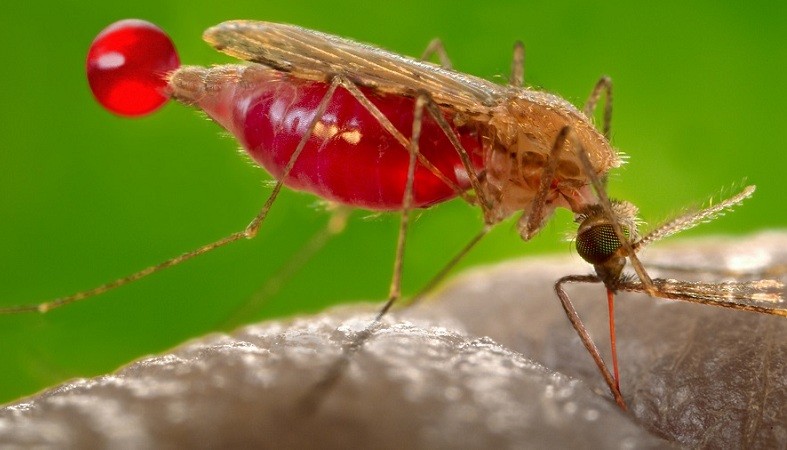
New Delhi: The World Health Organisation has urged the countries affected by malaria to spread high-impact tools and strategies to prevent, detect, and treat the disease faster in order to ensure that no person or population is left behind on World Malaria Day in 2023.
The world is not on track to meet the two crucial goals of the WHO Global Technical Strategy (GTS) for malaria 2016–2030: reducing global case incidence and mortality by 90% or more by 2030, based on 2015 levels, said WHO Regional Director for South-East Asia, Dr. Poonam Khetrapal Singh. This is because of the COVID-19 crisis.
Dr. Poonam said that in 2021, an estimated 6,19,000 people globally died of malaria compared to 6,25,000 in 2020.
The WHO South-East Asia area is still at the top of the world. The first GTS milestone was reached by the South-East Asia area by the end of 2020, which was the only WHO region to achieve a 40% decrease in malaria case incidence and mortality compared to 2015.
Maldives and Sri Lanka have continued to be malaria-free despite the COVID-19 response, and five countries in the region — Bhutan, DPR Korea, Nepal, Thailand, and Timor-Leste — are among the 25 nations and one territory identified as having the potential to do so by 2025, according to Dr. Poonam Khetrapal Singh.
Timor-Leste is anticipated to have reported no local malaria transmission for three years in a row by September 2023. As a result, it would qualify for the certification of being malaria-free.
As per Dr. Poonam, in 2022, health ministers from all around the region unanimously signed a Statement on Renewed Commitment for Malaria Elimination, emphasising the urgent need to scale up tried-and-true implementation tactics while simultaneously adopting advanced strategy and tools.
The Greater Mekong Subregion Ministerial Call for Action for Malaria Elimination in 2018 and the Regional Ministerial Declaration for Accelerating and Sustaining Malaria Elimination from 2017 are also supported by the Statement, the report said.
The area is currently at a turning point. overall funding for malaria prevention and control in the Region has declined by 36% since 2010, primarily due to waning international support, Dr. Poonam said.
Malaria vaccine to be made in India